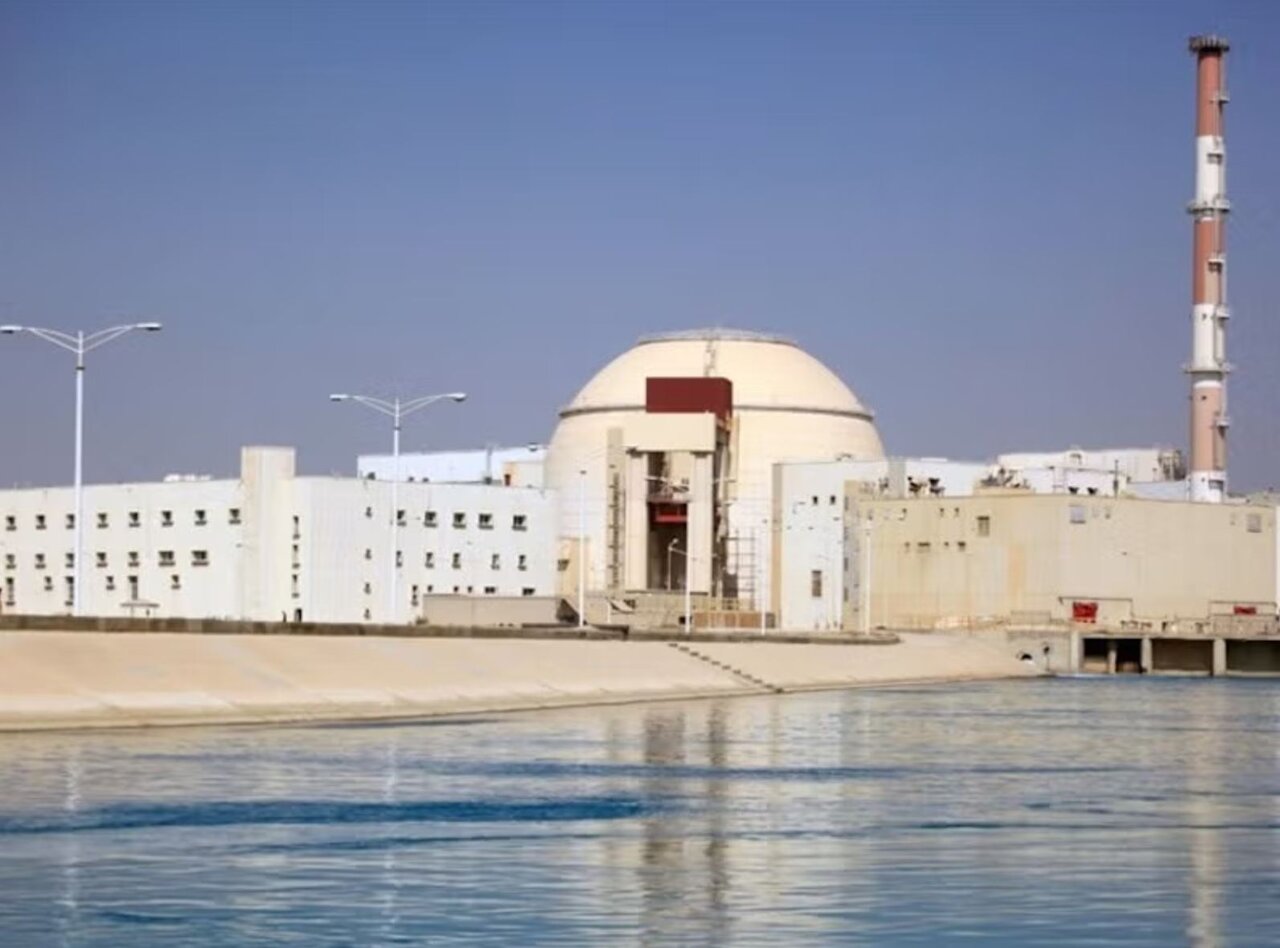IAEA inspectors to return to Iran for fuel replacement at Bushehr

TEHRAN - After weeks of stalled cooperation, inspectors from the International Atomic Energy Agency (IAEA) have been allowed to return to Iran, according to Foreign Minister Abbas Araghchi.
However, Araghchi cautioned against interpreting this as a return to full cooperation, emphasizing that any interaction with the UN nuclear watchdog remains strictly controlled by the Supreme National Security Council (SNSC).
Speaking to the press in Tehran on Wednesday, Araghchi clarified that the IAEA’s limited presence is specifically to oversee the fuel replacement process at the Bushehr Nuclear Power Plant. He stressed that a recent parliamentary law mandates SNSC approval for all IAEA-related activities. Araghchi pointedly stated that ongoing talks regarding a new form of cooperation are still under consideration, referencing the provocations perpetrated by the Israeli regime and the United States back in June. "No text has yet received final approval,” he explained.
After Iran's nuclear sites in Esfahan, Natanz, and Fordow were hit by U.S.-Israeli airstrikes and the IAEA refrained from condemning the illegal aggression, the Iranian parliament suspended cooperation with the UN nuclear watchdog. Iran is also reluctant to allow the IAEA to inspect the damage at its targeted nuclear sites, fearing that it could provide new information for Americans and Israelis on where and how to attack next. Before the war, Iran's intelligence recovered secret documents that showed the agency's Director General Rafael Grossi keep in close contact with Israeli officials and briefs them on Iran's nuclear program. Some of Iran's nuclear scientists are believed to have been assassinated through information provided by the IAEA.
Addressing Araghchi's remarks, Behrouz Kamalvandi, a spokesman for the Atomic Energy Organization of Iran (AEOI), confirmed that the inspectors’ arrival was related to routine operations at Bushehr, vital for maintaining electricity flow to the national grid.
Also, Grossi acknowledged the return of inspectors to Iran on August 26. In an interview, Grossi alluded to attacks affecting some Iranian nuclear facilities, and underscored the need for revised operational plans.
“When it comes to Iran, as you know, there are many facilities. Some were attacked, some were not.”
“So we are discussing what kind of … practical modalities can be implemented to facilitate the restart of our work there," he commented.
This situation is unfolding amid heightening diplomatic tensions. Iran recently engaged in talks in Geneva with Britain, France, and Germany, regarding their threats to trigger the snapback mechanism – a JCPOA provision that would reinstate UN sanctions. European signatories to the JCPOA have declared they will decide whether to take action by August 31, indicating their growing impatience with Iran. This move comes as a response to Iran's reduced cooperation with the IAEA, which stemmed from the U.S. withdrawal from the JCPOA and the failure of European powers to compensate for that damaging action.
Leave a Comment